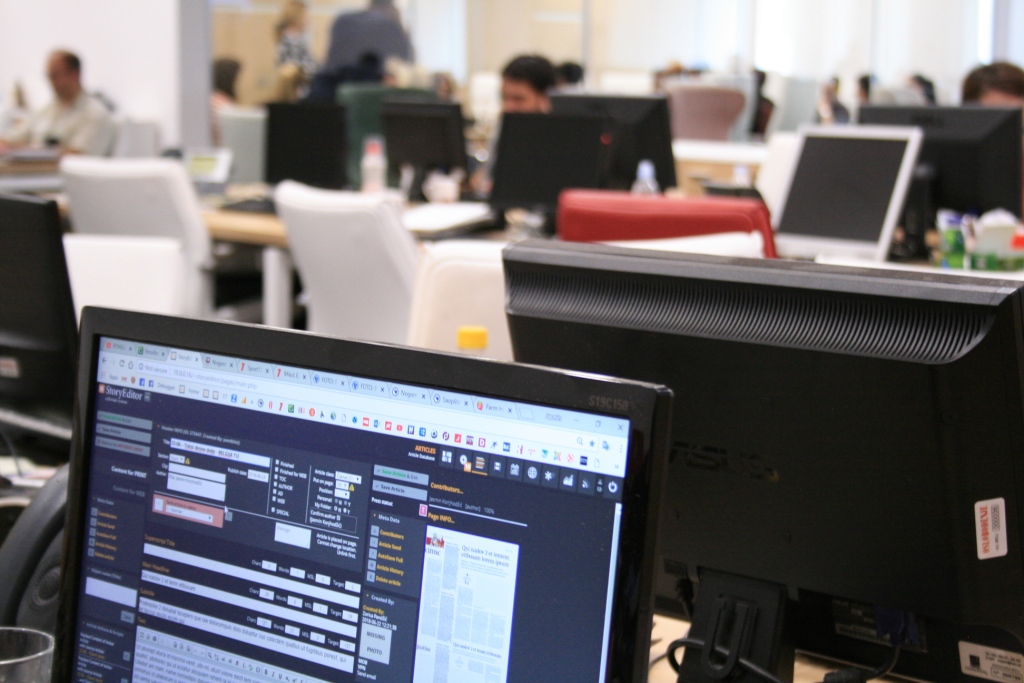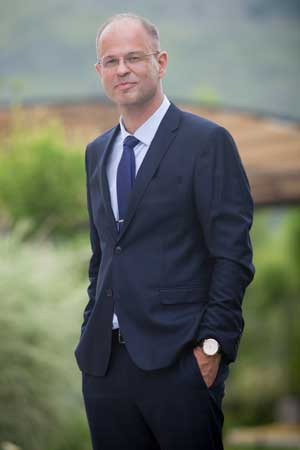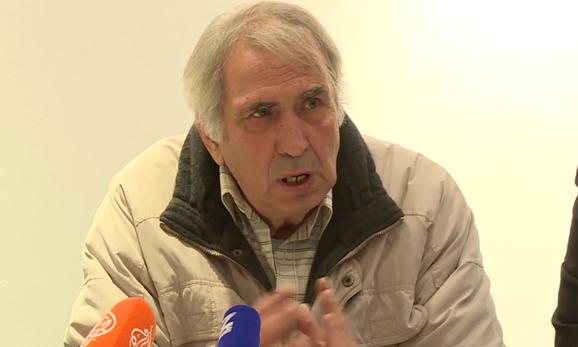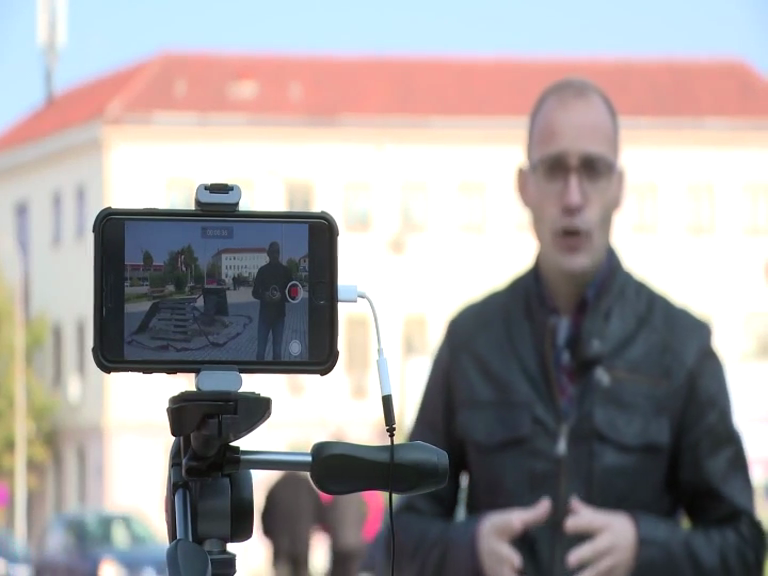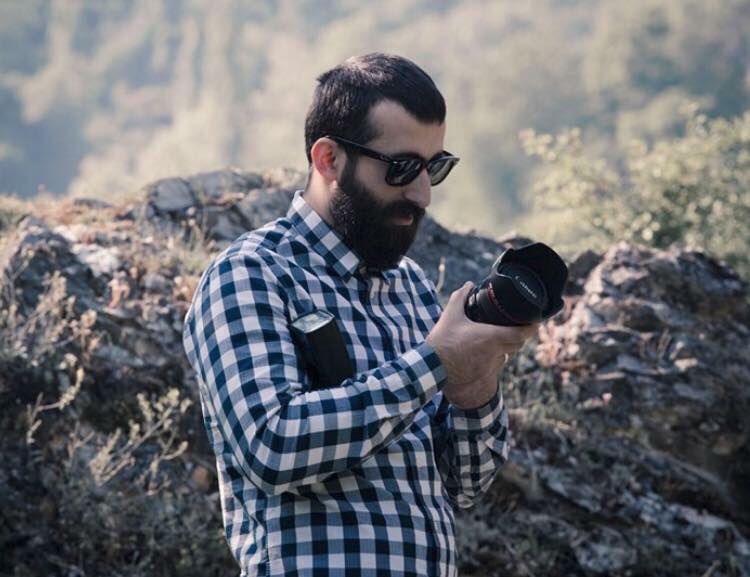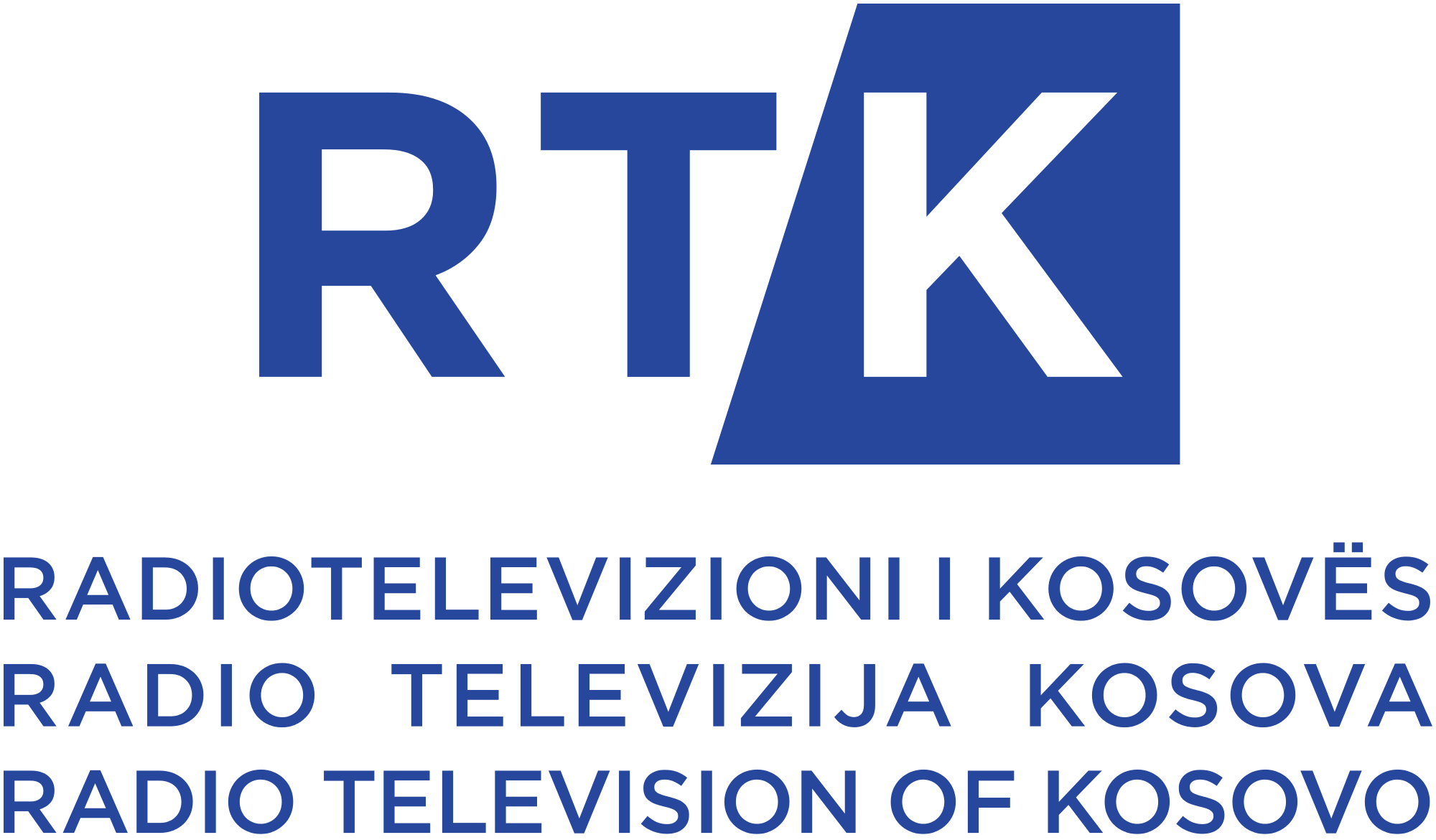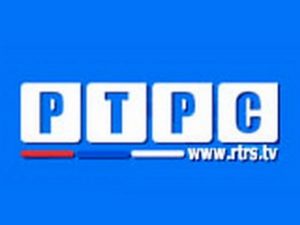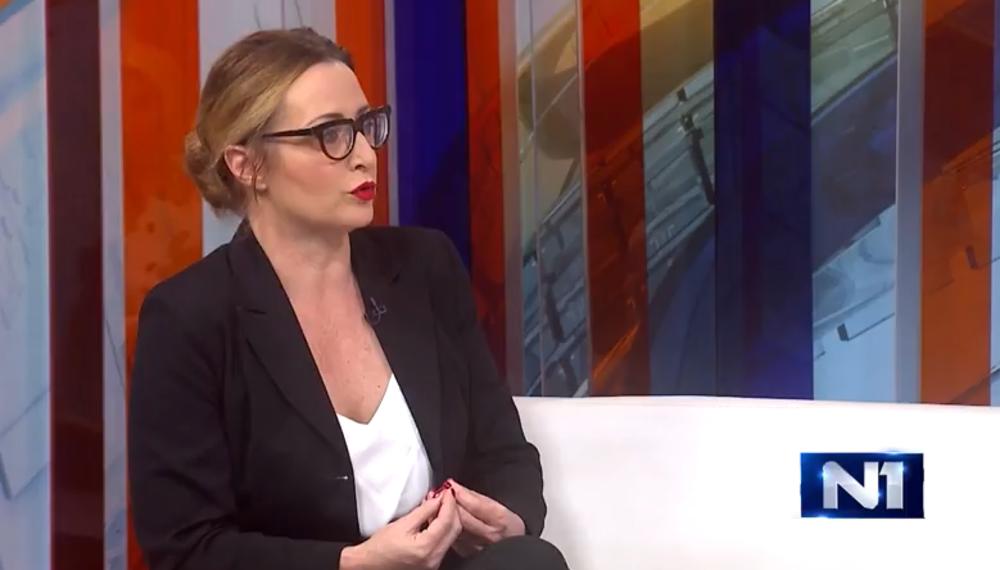Non – transparency ownership level in media field in Bosnia and Herzegovina and most recent massive appearance (“invasion or flood”) of emerging websites without Impressums posted on them, websites with no basic information or contact details regarding the owners or persons backing up and supporting these websites; directly and indirectly guiding and dictating the contents, has altogether become, I should say, rather disturbing and even alarming in general.
Politically biased media houses, eager for sensationalism, without clear and defined professional and ethic discourse, have become leading mechanisms for taking over the governing power; they have become mechanisms used to remain sustainable in power and often including financial malversations as part of these affairs. Consequently, many are on the good path to remain locked or chained in their own, undefined frameworks, degrading and diminishing professional standards, reputation, and dignity of professional journalism. What is equally tragic is the fact that this occurrence is disorientating and even driving the public crazy.
Regardless of how humiliating this may appear for the entire society and media audience, it is equally tragic for media staff, media representatives and media employees as well. My personal experience and experience of my recent, but former workmates, proved and confirmed that non – transparent privatization process and transformation of ownership structure may practically shut down media houses and consequently media employees (and other media staff) could additionally be sacked, dismissed and left unemployed overnight, without having clue where to address this problem or whom contact, in regard with the problem of remaining and unpaid debts, including unpaid wages, salaries and other associated legal contributions that employers are legally obliged to pay for their employees.
The fact that media houses in BiH, often making judgments regarding other fields and areas in our country, where non–transparency of media ownership and managing or rather mismanaging (including financial dependability), opens unclear and vast additional room and space for misuses (mainly for political purposes) and often for criminal purposes as well. I deliberately refer to the term criminal, because the article, text or post, being released, posted or published without clearly indicated author’s full name, released in media without information regarding the editor, or without information regarding the publisher or financier and along with this, the text loaded with semi and quasi-information, unchecked, unverified information and unfounded qualifications, often has “racquet – based”, defamation aimed or discrediting goals.
Media ownership transparency (including editing) represents one of the most crucial conditions for media liberties and freedoms. Unfortunately, there is a great wall standing between these two items. This wall must be destroyed from both sides. Media staff and journalists often lack strength, capacity and even time or have no possibilities to destroy this wall. In this context, they need help from both, state – level and entity – level institutions, regulators, laws, and legislation that would eventually bring the wall down from both sides and international cooperation would be useful in this case as well. Even if they fail to destroy the wall, they could eventually devalue it or shake it so in time, it may collapse by itself.
No one is bringing up and hoping for utopia or favoring false and unreal optimism outlining that it would be possible to establish one hundred percent transparency especially as far as money cash flow is concerned in BiH (as this is impossible in any other field in BiH, including media field as well). Last surveys and researches regarding the issue of clientelism, that is, concerning the non–transparency in media in South East European countries, outlined that clientelism index figure was decreasing in comparison with last year’s results. The quality and information transparency in media field were decreasing as well. During several meetings of media employees, staff and representatives in BiH, participants often highlighted the problem of non – transparent media ownership, particularly when media houses were concerned.
Members of the Press Council of BiH Board of Directors outlined that this kind of occurrence was typical and usual for over 60% of online media houses. It is estimated that this particular situation represents a problem to the Press Council of BiH Complaint Commission because it is almost impossible to make any legal contact with these specific media houses (websites), taking into consideration that their only contact detail is marketing e-mail address.
We often wonder who should be in control, charge and who should eventually sanction and fine media houses showing, releasing or posting false or incorrect information, regarding the details about their owners, financiers or editors. First of all, Impressum posting is a legal duty for everybody in media field in BiH. Literally translated, Impressum means “what has been imprinted (marked)”; marked and imprinted in terms of responsibility, including the influence and impact on the content posted, selection of topics and themes, text nature, positioning on websites or in printed (published) field etc.
Most frequent recommendations support the idea that this kind of legal duty should be in control of an independent body legally authorized for this kind of work; fully qualified to control and monitor media houses and also, body conformed to their work, altogether being part of the legal framework. As part of its competences and duties, each and every item should provide this body with a possibility to impose sanctions and even fines against any media house failing to fulfill its legal duties or media houses releasing false and incorrect news.
Through investigating and researching this particular field, I have discovered rather discouraging experiences in Croatia where the issue of media ownership was legally regulated. Namely, the attempt of investigation and research, in order to discover to what extent is this specific law being deferred and whether sanctions of any kind have so far been imposed against the disobeying media houses, I have found out that legal provisions have remained a “dead letter on a piece of paper”. The issue of media ownership in Croatia has been defined by the Law on Media and Law on Electronic Media.
As far as printed media houses are concerned, Article 31 of the Law on Media in the Republic of Croatia, defined that the publisher stock shares must be registered under personal and full name on one hand, and on the other hand, Article 32 also defined that publishers “were obliged to, by no later than 31 January each year, submit full information regarding the information and contact details about company’s seat and head office address, to Croatian Chamber of Commerce, that is, to submit the information regarding full names of both private and legal entities having (directly or indirectly) stock shares, partnership or co-ownership details in that particular media house, including the percentage of their stock shares”.
During the implementation of last amendments of the Law on Media from 2011, item 6 was additionally annexed to Article 32 clearly defining that “any omitting or failure to present or release the ownership structure information and details or failure to present or release information or details regarding shareholding structure in such companies shall be legally forbidden and banned”. Fairpress.eu investigators and researchers tried, through Croatian Chamber of Commerce, Ministry of Culture and State Attorney Office, to get information regarding which institutional and official body was in charge and authorized for control, supervision and monitoring over the process of the implementation of legal provisions defining media ownership, including the number of cases of violation of these provisions. However, despite their attempts to make contacts with several institutions, they were deprived of concrete and straight answers.
“It is obvious that the authorized and official body does not exist in this case nor there have been cases of a misdemeanor related to practice and occurrences of actions that were in contrast with the Law on Media regulating the media ownership”, claimed Fairpress.eu officials. If this situation does exist in Croatia, which has been, according to the last measuring of clientelism index in media of SE Europe, rated with -0.32 result and was thus placed on top of the ladder (amongst six examined countries), then it is not difficult to predict and assume the situation in BiH as far as this special issue is concerned, having considered that BiH, during the same examination, was ranked on the bottom of the ladder, rated with -0.67 result. Number zero, as the result, is the lowest ranked and rated result and number one is considered as the best result.
Additionally, no country including Serbia, Montenegro, Macedonia, and Romania was ranked or rated any- where near the zero results. What is typical for almost each of the above-listed countries and what is particularly emphasized in BiH, where a political crisis has become a rule, rather than an exception, is the fact that the election winner becomes the greatest beneficiary from public media services.
This does not necessarily mean that private media houses are free from political influence; on the contrary, even without publicly released ownership structure detailed information, the information about which political wing, party or even party leader controls which media has become a public secret.
This text is a part of E-Bulletin– eighth edition of special serial of BHN online bulletin implemented through the “Media and Public Reputation” (origin. “Mediji i javni ugled”) project, also representing a contribution to public debate regarding the transparency of media ownership and upholding and encouraging the passing of set of laws aimed to advance media field and information market in BiH.


